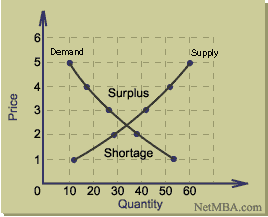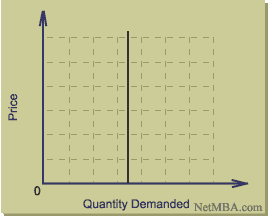Gentleman-Rankers On A Spree, Damned From Here To Eternity
Our Daily Ioz, favorite rabble-rouser of the first water, points us to this gem uttered by Congressman Charlie Rangel (D, NY):
Rep. Charles B. Rangel (D-N.Y.) has long advocated returning to the draft, but his efforts drew little attention during the 12 years that House Democrats were in the minority. Starting in January, however, he will chair the tax-writing Ways and Means Committee. Yesterday he said "you bet your life" he will renew his drive for a draft.First (and we echo the sentiments of Ioz here), given that the President to whom he refers avoided going to Vietnam, in spite of conscription at that time, what makes Congressman Rangel think Congress will treat future wars with any more reluctance? We assure you no child, nephew, cousin or neighbor of a member of the United States Congress will serve as a conscripted GI unless something goes terribly wrong. What is the point of getting all that power, after all, unless you get to use it?
"I will be introducing that bill as soon as we start the new session," Rangel said on CBS's "Face the Nation." He portrayed the draft, suspended since 1973, as a means of spreading military obligations more equitably and prompting political leaders to think twice before starting wars.
"There's no question in my mind that this president and this administration would never have invaded Iraq, especially on the flimsy evidence that was presented to the Congress, if indeed we had a draft and members of Congress and the administration thought that their kids from their communities would be placed in harm's way," said Rangel, a Korean War veteran. "If we're going to challenge Iran and challenge North Korea and then, as some people have asked, to send more troops to Iraq, we can't do that without a draft."
Second ... well, here we must confess a weakness. We were tempted to throw this triumphantly in the face of any Democrat or liberal who claimed that the November election was a repudiation of the Commander-in-Chief's cowboy diplomacy. "So much for that," we would cry, "Rangel's a Democrat and he's as imperialist as the next Republican." However, given that Rangel has proposed this bill twice before in the last four years (once to be voted down near unanimously, once to die without even being introduced), it seems clear that this is not an act of political opportunism. Else why advance the bill before, when he lacked the votes to support it? This is clearly a pet crusade of the Congressman's, no more attributable to the Democrats as a whole than to New Yorkers as a rule.
Third, history soundly rejects Rangel's reasoning. If the Gulf of Tonkin Resolution and the police action that followed cannot be taken as a war entered on "flimsy evidence," then no war of the last century can.


